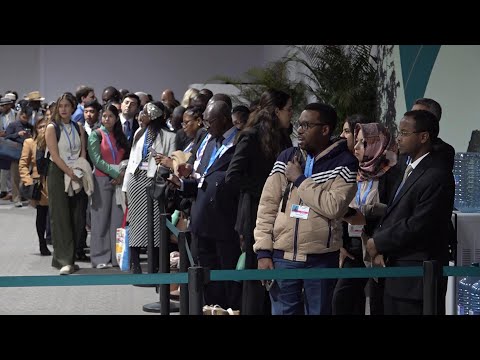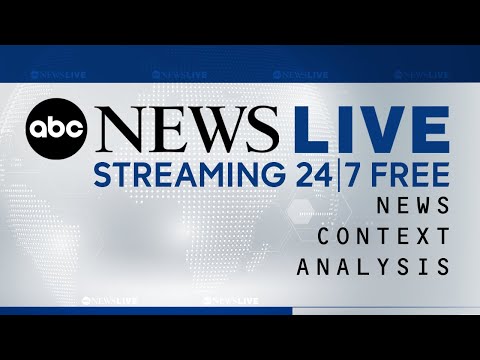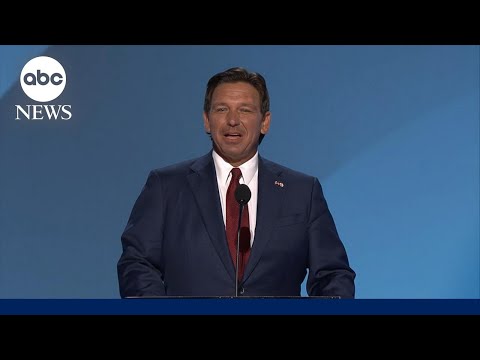(11 Nov 2024)
RESTRICTIONS SUMMARY:
ASSOCIATED PRESS
Baku, Azerbaijan – 11 November 2024
1. Various of COP29 delegates lining up and waiting to attend the opening ceremony
2. Wide of security officers
3. Close of sign reading “In Solidarity for a Green World”
4. SOUNDBITE (English) Saifullah Khan Dilazak, Pakistani delegate:
“I’m very much hopeful that we will get some decisions which will be beneficial for our future generation and our sustainable development goald for 2030 and the Paris Agreement.”
5. SOUNDBITE (English) Otávio Oscar Nunes do Nascimento, Brazilian delegate:
“We are apprehensive about that because we need global efforts to combat the climate change. Now without the USA, which is very big and very important, I think that this global agreements will get weaker without them.”
6. SOUNDBITE (English) Rodrigo Andrade, Chilean delegate:
“I come from Chile. Chile is suffering from the effects of very deep and large drought, so I would like to go home with technical support and with funds to manage the drought because our agriculture need it.”
7. Various of participants arriving for opening ceremony
8. Various of participants lining up
STORYLINE:
Delegates arrived Monday to attend the opening day of the United Nations climate negotiations in Baku, Azerbaijan.
But this year’s talks, known as COP29, won’t be as high-profile as last year’s, with 48 fewer heads of state scheduled to speak.
The leaders of the top two carbon polluting countries — China and the United States — will be absent.
The overarching issue is climate finance. Curbing and coping with climate change’s worsening heat, floods, droughts and storms will cost trillions of dollars and poor nations just don’t have it, numerous reports and experts calculate.
The floor in negotiations is the $100 billion a year that poor nations — based on a categorization made in the 1990s — now get as part of a 2009 agreement that was barely met.
Several experts and poorer nations say the need is $1 trillion a year or more.
Not only is dealing with money always a touchy subject, but two of the rich countries that are expected to donate money to poor nations – the US and Germany – are in the midst of dramatic government changes.
Even though the United States delegation will be from Biden Administration, the reelection of Donald Trump, who downplays climate change and dislikes foreign aid, makes US pledges unlikely to be fulfilled.
“Without the USA, which is very big and very important, I think that this global agreements will get weaker,” said Otávio Oscar Nunes do Nascimento, a delegate from Brazil.
AP video shot by Olivia Zhang
===========================================================
Clients are reminded to adhere to all listed restrictions and to check the terms of their licence agreements. For further assistance, please contact the AP Archive on: Tel +44(0)2074827482 Email: info@aparchive.com.
Find out more about AP Archive: http://www.aparchive.com/HowWeWork
Twitter: https://twitter.com/AP_Archive
Facebook: https://www.facebook.com/APArchives
Instagram: https://www.instagram.com/APNews/
You can license this story through AP Archive: http://www.aparchive.com/metadata/youtube/aedc766b43f84a46921ad6838f54d113
Author: AP Archive
Go to Source
News post in November 16, 2024, 9:04 am.
Visit Our Sponsor’s:
News Post In – News





